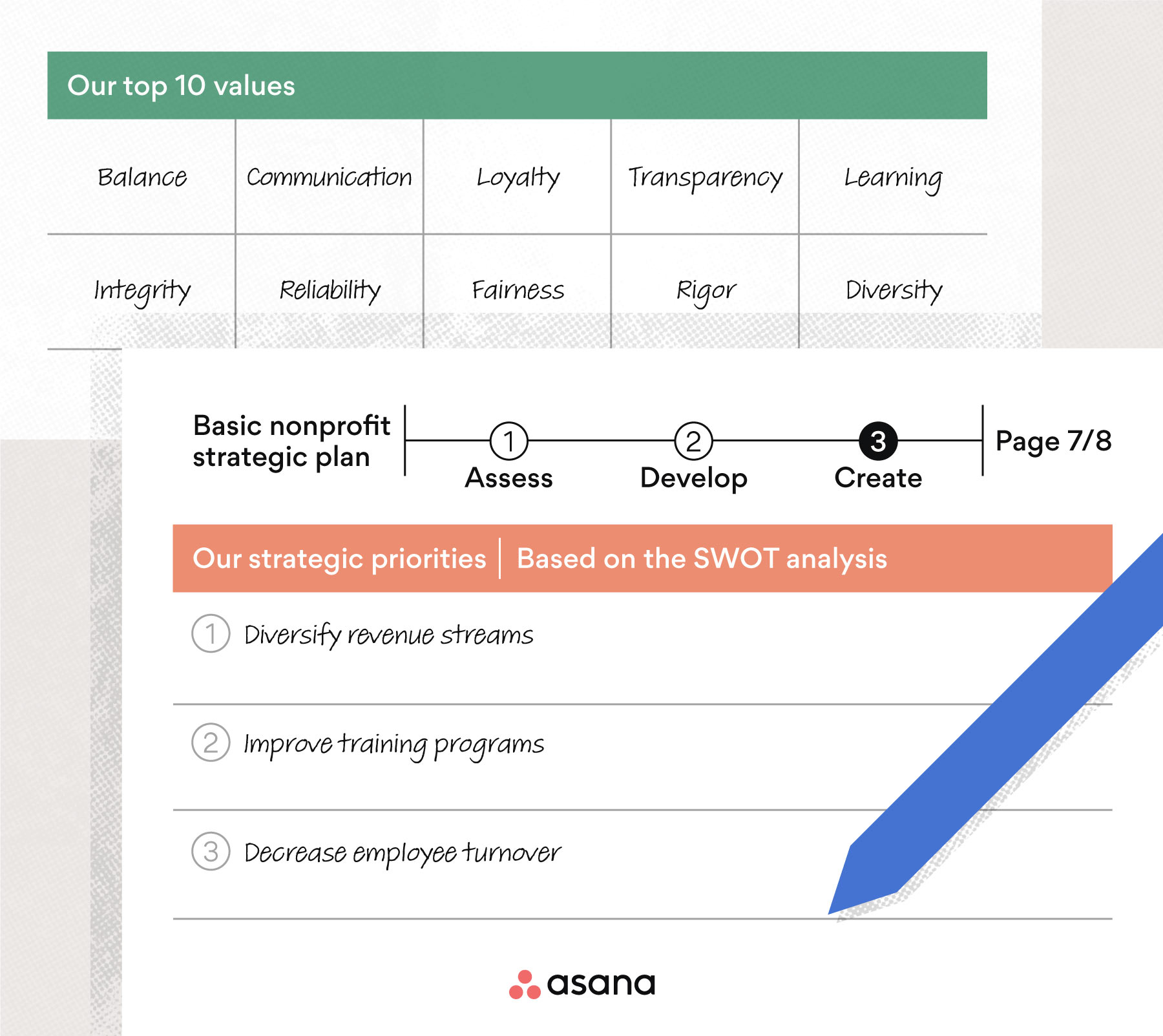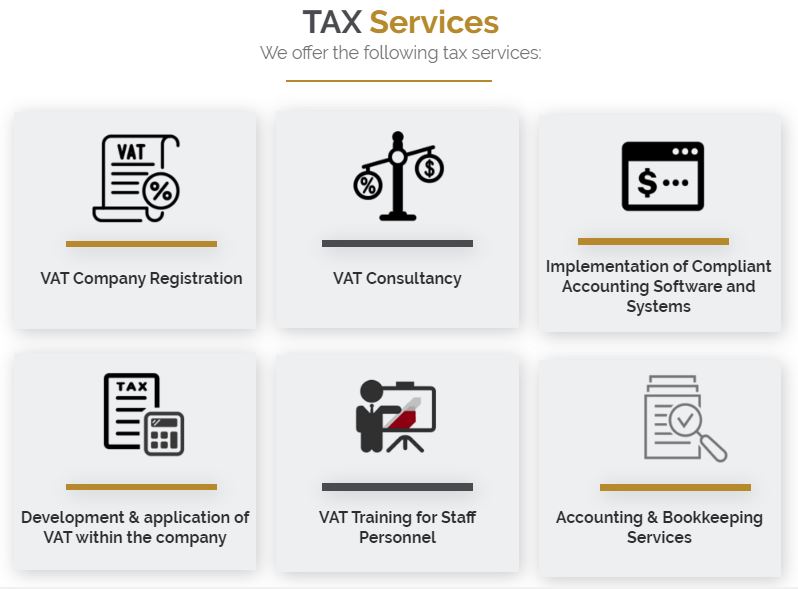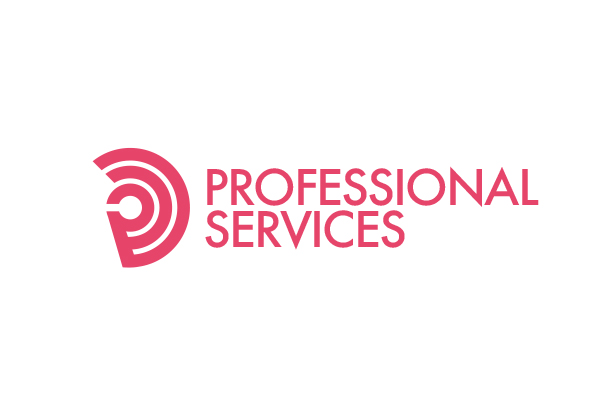
A case interview is one way to analyze business problems. This approach is also referred to as problem structuring. Two tools that are used in this process are the Business frameworks and issue trees. These tools are useful in all industries, from finance and technology. The goal is to find a common thread among all stakeholders and find an optimal solution.
Interviews with cases
A case interview simulates how it would be to interact with a client in real life. It asks questions about the client's requirements and what the consultant can do to help. This helps the consultant create hypotheses, and explore other options. During the interview, the consultant should ask the client the right questions about the key aspects of the problem.

Problem structuring
A fundamental skill of problem-solving is problem structuring. This allows you to reduce complex problems into simpler but still more relevant issues. You can use this principle in your current job or studies or your personal life.
Issue trees
The best way to see the different factors that impact a situation is with issue trees. They can be used as a way to develop logical arguments based upon a hypothesis. The trees should have at least three branches. All possible factors should be covered by the issue trees. They must also be able identify the root cause of any problem.
Business frameworks
The business framework is a critical aspect of strategic planning. They are essential for analysing processes, making decisions and communicating the results. A framework is a roadmap that leads to organisational success. It should be adaptable and scalable to all types of businesses.

Need to be analytical
Analytical skills are important for many roles, and having them will make you a strong candidate. These skills allow you to analyze data and identify patterns. These skills are useful for solving problems, providing advice, and making business decisions.
FAQ
What skills do I need for consulting?
Consultants should be able to communicate effectively and have excellent analytical skills. This is because you could be asked questions or not know what you are doing. It is important to learn how to quickly solve problems and manage people.
A strong communication skill is also necessary. Most clients expect a reply within 24 hours. If they don't hear back from you, they assume you aren't interested. It is crucial that you keep them up to date and make sure they know what's happening.
What happens after the consultant has finished the job?
After the consultant has completed the work, they will submit a final document detailing the results. This report details the project timeline, deliverables, as well any other pertinent information.
You will then review the report to determine if the consultant fulfilled your expectations. If you are not satisfied with the consultant's report, you have the option to ask for modifications or to terminate your contract.
How much should a consultant charge?
It depends on your offering. You don't have to charge anything if you provide services free of charge. But if your services or products are for sale, you will need to establish prices that reflect their value.
If you are providing low-quality services, then you don't have anything to sell. So why would anyone pay you anything?
If you're providing high-quality services you might ask for a greater price. Because people are aware of the value you provide, they will be more willing to pay you a higher rate. Customers who buy multiple services from you may qualify for discounts.
Why should consultants be hired?
You might need consultants for a variety of reasons.
-
A specific project or problem may be a challenge for your company.
-
You would like to improve your skills or learn new things
-
You'd like to work in conjunction with an expert in a specific field
-
No one else is available to take on the task.
-
Feel overwhelmed by all the information available and don't know where you should start
-
You cannot afford to pay someone fulltime
Word of mouth is the best way to find a great consultant. Ask your friends and family if they know of any reliable consultants. If you already know someone who works as a consultant, ask him/her for recommendations.
If you're interested in using online directories, such as LinkedIn, you can use the "Search People” feature to find consultants near your location.
Why would a company employ a consultant to help them?
A consultant offers expert advice on improving your business performance. They aren't there to sell your products.
A consultant assists companies in making better decisions by offering sound analysis as well as suggestions for improvement.
Consultants often work closely alongside senior management teams to help understand what they need to succeed.
They provide coaching and leadership training for employees to enable them to achieve their peak performance.
They may be able to advise businesses on ways to cut costs, improve efficiency, and streamline processes.
How much do consultants make?
While some consultants may make over $100k per annum, most consultants earn between $25k and $50k. The average salary for a consultant is $39,000. This includes hourly as well as salaried consultants.
Salary depends on industry, experience, location, and type of contract (contractor vs employee). Also, whether the consultant is located in their office or remote.
Do I need legal advice?
Yes! Yes! Many consultants create contracts without consulting clients. This can lead to issues down the road. What happens if the client cancels the agreement prior to the consultant's completion? What happens if your consultant doesn't follow the contract deadlines?
To avoid any problems, it's best that you consult a lawyer.
Statistics
- On average, your program increases the sales team's performance by 33%. (consultingsuccess.com)
- My 10 years of experience and 6-step program have helped over 20 clients boost their sales by an average of 33% in 6 months. (consultingsuccess.com)
- According to IBISWorld, revenues in the consulting industry will exceed $261 billion in 2020. (nerdwallet.com)
- According to statistics from the ONS, the UK has around 300,000 consultants, of which around 63,000 professionals work as management consultants. (consultancy.uk)
- Over 50% of consultants get their first consulting client through a referral from their network. (consultingsuccess.com)
External Links
How To
How do you find a good advisor?
Knowing what you need from your consultant is the first step to finding a qualified consultant. Are you looking for them to improve the performance of your website? You want them to optimize the site for search engines to make it rank higher. Maybe you are looking for someone to point out any problems with your current web host. You should know the type of services that you require before you start looking at other companies. There are many consultants out there who claim they can provide these services, but only a few actually live up to their claims. So how do you go about choosing one? Here are some tips to help you choose a consultant.
-
Get recommendations. Referring to other consultants is the best way of choosing a consultant. It's not a good idea to hire someone you haven't heard of, as you will likely end up paying too much. But you also don't want to work with someone whose reputation isn't solid. If you have the good fortune to get referrals from trusted people, great! But even if you don't, you still might be able to check reviews online. Find testimonials and case study examples from customers who have used your product.
-
Ask around. Many people don't realize that consulting could be beneficial for them. They think that since they're currently doing fine, they don't need to make changes. This is often false. Even if you are seeing great results, it is likely that you have not been keeping up to date with technology and trends. And if you're relying on outdated methods, you'll miss out on opportunities to grow your business. It is always worthwhile to ask around for recommendations of good consultants.
-
Make sure to verify their qualifications. You don't need to worry about whether they are building a website or an eCommerce store worth millions. You must ensure they have the necessary skills and qualifications to carry out the tasks.
-
Find out about the types of projects they specialize. You might think that everyone can handle all projects, but this is false. Some areas require specific education or training. If you are looking for someone to create a WordPress theme, then you will not want to hire someone who isn't a specialist in Drupal. This is true for programming languages and graphic design. Be sure to ask what kinds of projects they typically work on.
-
Be aware of their fees. As we said, you don't want to pay too much for a consultant. You don't necessarily want to pay too low, but you shouldn't either. There are many different types of consultants. Some charge hourly rates while others bill per project. You can save money by knowing upfront exactly what you will be paying.
-
What do they offer? Do they offer free consultations? Can they provide advice on how to setup your own system? Are they able to guarantee that your site will rank better after working with you? You can cancel your consultation at any time without penalty if you are not satisfied with what you heard.
-
Find out if the company offers discounts for several months or years. Many consultants offer discounted pricing for extended time periods. Although you do not have to commit to a year, it is possible to take advantage of any offers they may offer.